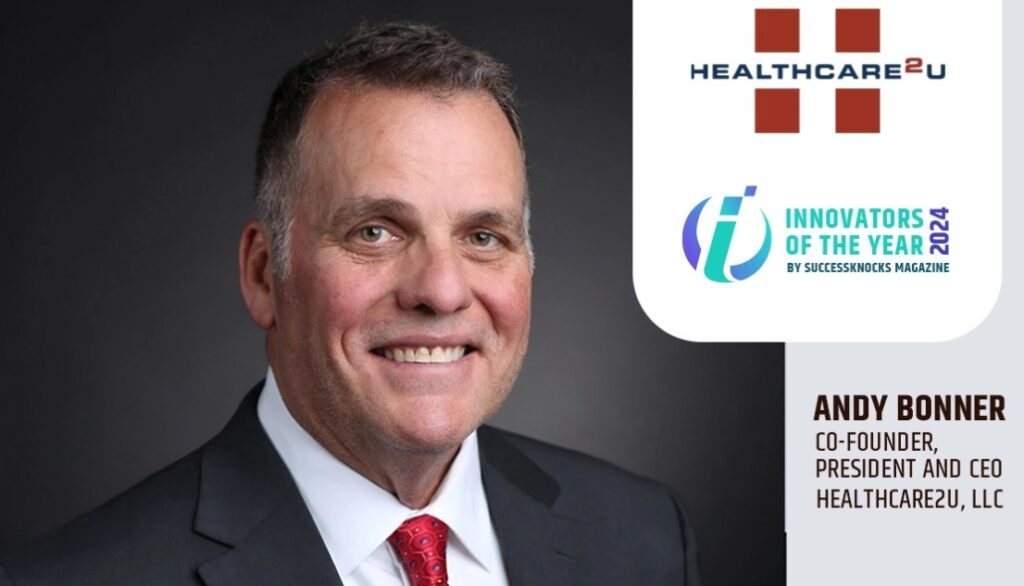When employees are too sick to come to work, businesses lose money. Chronic illnesses among employees cost U.S. employers more than half a trillion dollars in lost productivity each year. Even before the pandemic, sick days were up 12 percent in 2019—a collective 978 million sick days used cost companies $151 billion in lost revenue.
With 60 percent of American adults suffering from one or more chronic conditions, these staggering figures highlight the need to focus on disease prevention and high-quality care delivery for patients diagnosed with chronic conditions. Direct primary care is a vehicle for employees to prevent and maintain chronic conditions while minimizing their out-of-pocket costs and eliminating claims that would otherwise impact their employer’s profits.
Chronic Care Management ROI
In 2018, Humana reported that each unhealthy day linked to a chronic condition cost health plans $15.64 in additional medical care per person per month—an expense that can add up quickly over time.
It’s not surprising that patients with chronic conditions report more physically and mentally unhealthy days than the population average. However, people who proactively take steps to prevent escalating disease states usually experience fewer unhealthy days than those who allow their conditions to deteriorate due to lack of proper care.
A study of carrier claims data from Mercer Health Advantage revealed evidence for improved health outcomes and cost-savings return on investment (ROI) from providing chronic care management. This program offered through insurance carriers featured in-depth care management for the sickest employees and reported an aggregate return on investment of $3.30 for each $1 spent while improving patient health.
Expensive Health Risks Can be Managed
Employers who focus on the cost of healthcare expenses without also examining the cost of lost productivity (when employees are out of the office sick or perform at a limited capacity) miss a big part of the picture. The effects on their business outcomes and employee wellbeing are directly related. They should work closely with their benefits advisor to create a plan that can keep workers healthy while minimizing costs.
According to a recent report published in The Lancet Public Health, nearly $730 billion in healthcare spending can be linked to modifiable health risks, such as obesity, high blood pressure, and smoking. The study highlighted five risk factors mostly responsible for these modifiable healthcare costs.
- Being overweight and obesity
- High blood pressure
- High blood sugar
- Poor diet
- Smoking.
The study estimates that more than 25 percent of all healthcare spending in the U.S. annually is due to conditions tied to lifestyle choices—preventable conditions to some degree.
Primary Care Manages Chronic Conditions
Fortunately, early-stage chronic disease management falls under primary care physicians’ purview (PCPs), making a no-claims option like direct primary care (DPC) a no-brainer. Unlike health insurance, DPC is a monthly health membership that affords members unlimited access to a PCP for a low monthly fee.
Instead of meeting deductibles or paying outrageous monthly premiums, the patient gets in-office visits and virtual care for a low monthly cost, depending on their plan. With the right DPC membership, employees can get primary care and chronic disease management without generating monthly claims for their employer. Employers love direct primary care because it doesn’t generate claims, and members don’t have to meet a deductible to have affordable access to the doctor. The savings for multiple employees over time can lead to exponential savings for large and small employers.
For more information on how a DPC membership can provide cost-effective chronic disease management, contact Healthcare2U, a nationwide, hybrid direct primary care organization.







